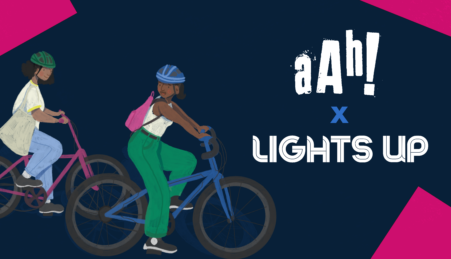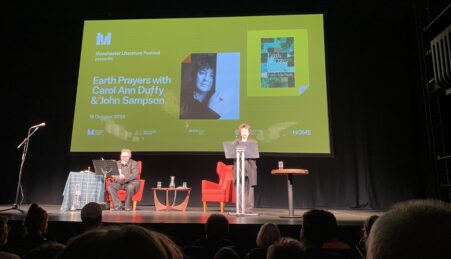By Rosa Methol
Once again, representations of disability have this week hit the headlines, with disability rights activists protesting at the UK premiere of Jojo Moyes’ film adaptation of her bestselling book, Me Before You. The film has created an uproar on Twitter, with one user claiming that it is responsible for “setting back disability right by 30 years,” and another demanding “When are you going to reflect our real lives?”
The film tells the story of a supposedly unlikely relationship between carer Lou, played by Emilia Clarke, and Will, who became quadriplegic after a car accident, played by Sam Claflin. Previous to their meeting, Will has decided that he wants to kill himself due to his new life with a disability and has applied to go to the assisted suicide clinic in Switzerland, Dignitas.
This is not the first time that films have presented suicide as the ‘best’ option for severely disabled people. There is an on-going motif in films about disabled people that it is better to die than to continue to live with an intrusive disability. Disability is routinely used as an emotive plot feature and so it is understandable that one twitter user wrote, “I’m not your inspiration porn and I’m not a thing to be pitied or killed off to make the audience cry.”
The film has also met criticism for its casting of a non-disabled actor to play the role of Will, Sam Claflin not having any physical disabilities in real life. Similarly to The Theory of Everything, which depicts able-bodied actor Eddie Redmayne as Stephen Hawking, many disability rights activists have said that Me Before You is guilty of enabling “cripping up”, or the act of pretending to be disabled for entertainment purposes.
In a video of the premiere protest, activists can be seen chanting “Rights not Tragedy” to the bemusement of the film’s writer Jojo Moyes, who was apparently unprepared for this response. She told activist and actress Liz Carr, “I have to say, in all the years, I’ve never had anyone that shares your views.”
The lasting message of these protests is not that disabled people who are also suicidal do not exist, but rather that the consistent representation of disability as tragic or worse than death is insulting, and more than a little ‘done’. In the same way that racist and sexist cinematic misrepresentations are routinely challenged, reductive portrayals of the lives of disabled people are simply not acceptable in this day and age.





Leave a reply